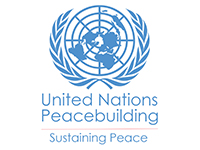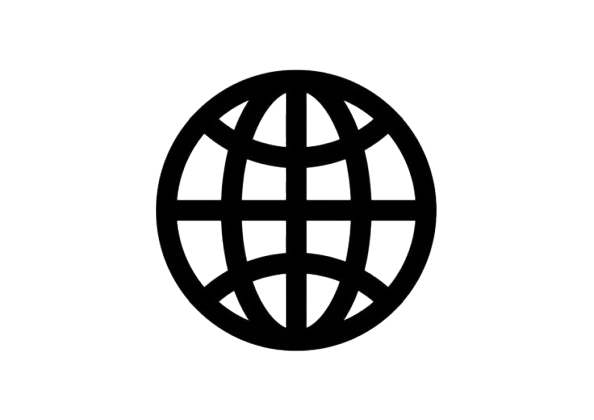Environement
Youth Crime Watch of Liberia fosters sustainable consolidated actions to join the fight against climate change and build awareness around climate change as the world urbanizes or industrializes. Deforestationamong other environmental crises will increasingly overwhelm the lives, health, livelihood, etc. of people in Liberia and the world at large. Lack of directives and enforcement of industrial mining, large-scale dams, deforestation, national water and sanitation systems, and heavily polluting industries can lead to a host of human rights violations.
The effects of climate change on agriculture in Liberia are particularly concerning. Liberia’s economy is largely dependent on agriculture, with the sector employing about 70% of the population. Climate change has led to a decrease in crop yields and an increase in pests and diseases, which has resulted in food insecurity for many Liberians. Another impact of climate change in Liberia is the rise in sea levels, which is threatening the country’s coastline and the homes and livelihoods of those who live there. According to a report by the United Nations Development Programme (UNDP), sea levels in Liberia are expected to rise by 30 centimeters by 2050, which could lead to significant flooding and erosion. Victims of these environmental harms are mostly the underprivileged with very limited opportunities to be part of actions that will improve policies and decision-making on issues relative to climate change.
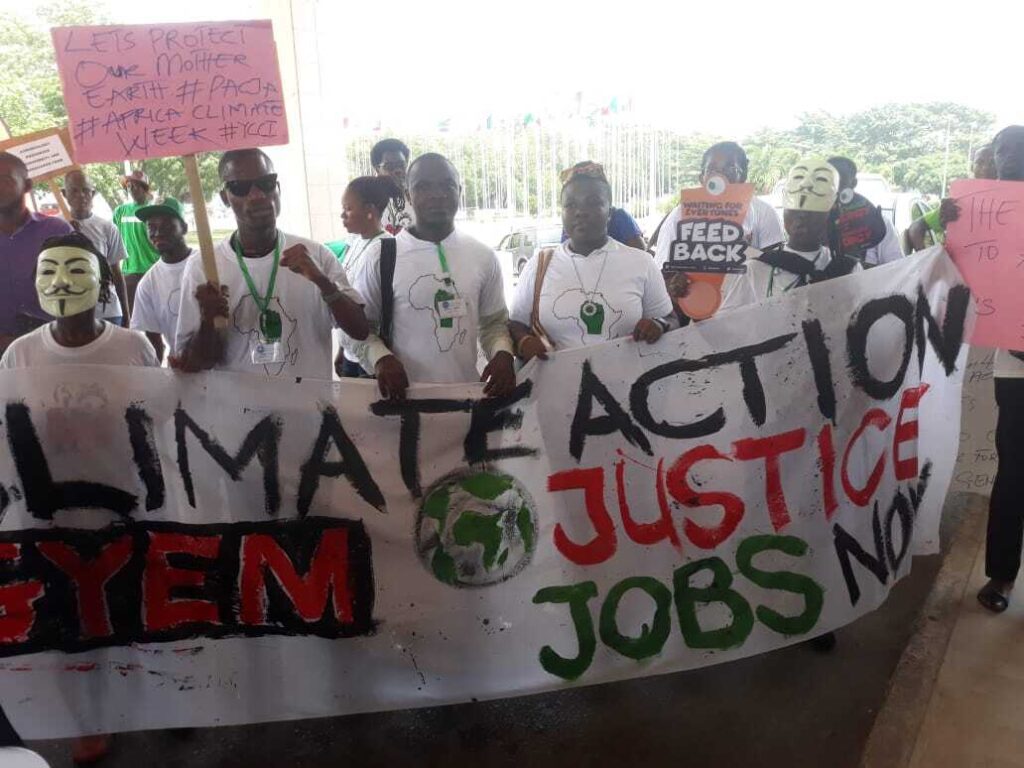
Besides, these victims have limited or no access to legal redress on environmental issues. Youth Crime Watch of Liberia supports advocacies for meaningful policies and decisions that help address multiple issues associated with climate change and help in the struggle to build strong climate resilience through awareness of deforestation, flooding, and erosion.
Impacts
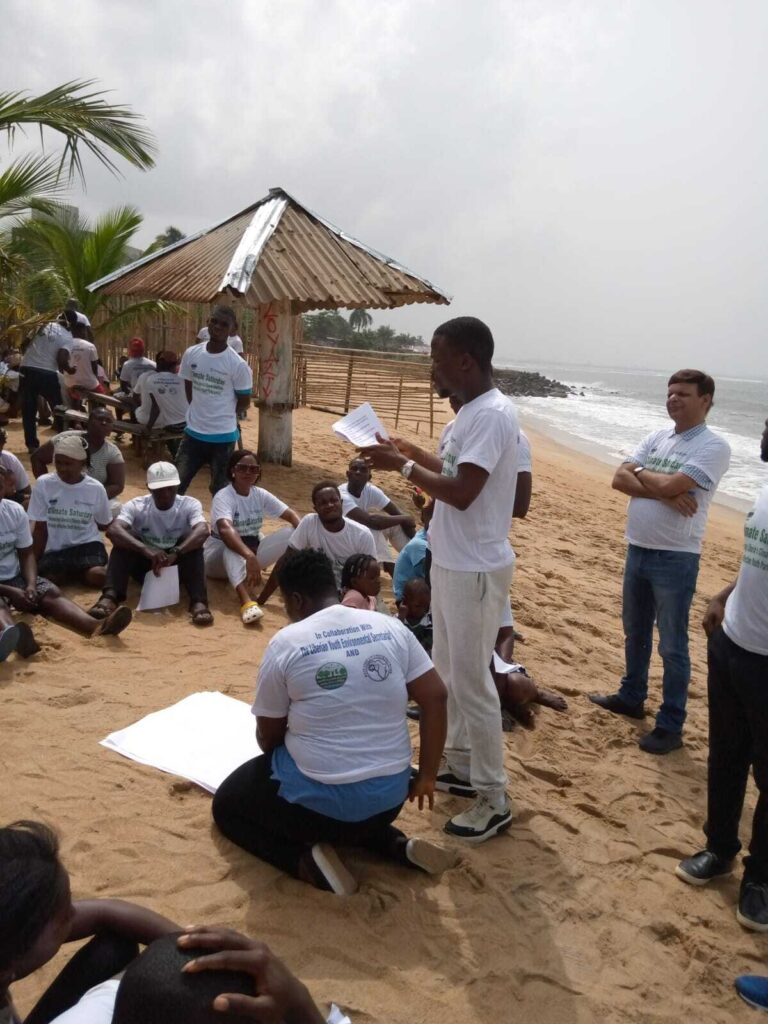
Telling Our Stories
“No one is more qualified to help Liberia than Liberians themselves”
Is a collaborative media education project for disenfranchised youth that
promotes self-expression as a way to explore our shared humanity and build a foundation for the future. YCWL’s Media Program is inspired by the
enthusiasm of young Liberians to promote democracy and freedom of
expression across our communities. This program trains young Liberians in
radio/video/webcast production with the aim of creating short youth-produced news stories for broadcast/webcast. The curriculum balances intensive film/radio production and computer skills training with classes on storytelling. Ongoing mentorship along with technical assistance and the promotion of finished work across multiple channels of distribution enables young adults to share their individual stories with the world and also initiate dialogue among youth on national problems and solutions. The primary objective is to amplify youth voices and promote leadership and citizenship skills.
Go Green Campaign: Youth Crime Watch of Liberia 2019 hosted an informative and interactive Go- Green Campaign within Montserrado County. This initiative was designed to inspire and galvanize a group of 100 young people into taking proactive measures to champion environmental sustainability and conservation. The program underscores the pivotal role that youth hold in shaping the intentions of their communities and the well-being of the planet. The Go-Green Campaign for the youth serves as a resounding call to action, empowering young individuals to assume the mantle of environmental stewardship and embrace sustainability as a guiding principle. Through their enthusiastic involvement, they are emerging as guardians of a future that promises a greener and healthier existence for their communities and the global ecosystem. Collectively, they are sowing the seeds of positive transformation that will reverberate through generations to come.
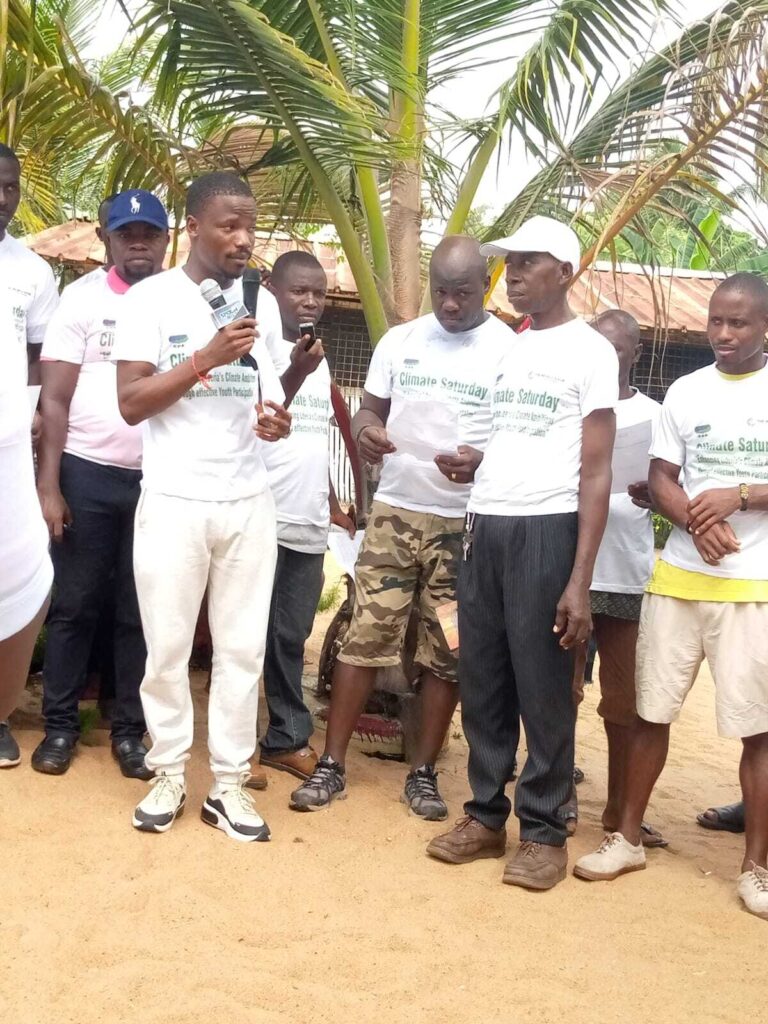
Co-Programs
Forest Management and Sustainability, Protecting Biodiversity, among other key implementations that support actions to protect our environment. Some of our co programs are listed below:
In our quest to protect precious biodiversity, forest communities’ inhabitants are allowed to harvest the forest safely and sustainably, using forest produce like mushrooms, palm wine, wild coffee, cola nuts, medicines, honey, etc. Youth Crime Watch of Liberia lists with the national
government and financing partners/donors to establish modernized central sales points and promote valuable markets for forest produce.
Forest has been a major income source for Liberia as a country and even beneficial to inhabitants in forest communities or nearby. Families in rural Liberia feed off the forest and even raise income. Deforestation deprives both inhabitants and the national government of its benefits and creates major threats to farming and crop production, risks and destroys wildlife, and ecosystem services, and even contributes immensely to soul dehydration.
YCWL assists forest communities in replacing traditional deforestation and wood and charcoal selling withnew eco-friendly enterprises that protect biodiversity and provide a sustainable income for futuregenerations. Youth Crime Watch brings together local communities, local authorities, and localgovernment to share responsibility for developing sustainable plans for the forests. YCWL has been collaborating with requisite authorities to develop our approach to Collaborative Forest Management (CFM). Collaborative Forest Management is a form of forest management that relies on formalized agreements between local communities and the government. Youth Crime Watch of Liberia fosters sustainable field and forest management and sustainability and builds awareness around climate change. Deforestation creates a major threat to inhabitants in rural Liberia and affects a minute portion of the urban area. Inhabitants are often victimized by storms and floods in both rural and urban Liberia. This affects farming activities in rural Liberia and greatly affects crop production. Climate change and weather extremes are worsening the situation, with people who rely on their produce most at risk. Soul and forest preservation are cardinal to the reduction of poverty, food security, and resilience to climate extremes. Youth Crime Watch of Liberia uses awareness, community dialogue, and stakeholder engagement to bring actors to a balanced consideration of using natural resources. Flooding and storms that affect one community may likely spread to the next if care is not taken and preventive measures are not in place.
Solarize Liberia

Necessities such as electricity are inaccessible to many people in developing countries, and ensuring access is a challenge. According to the World Health Organization (WHO), less than 23% of rural Liberians have access to electricity. Building long-distance transmission lines to bring electricity to outlying communities is very expensive. Also, issues such as antiquated infrastructure and under-funding in Liberia’s electricity distribution sector have led to unreliable supply of electricity and long outages.
Access to electricity, lighting, and solar water purification systems in rural communities will fulfil several fundamental community needs.
⦁ Education
⦁ Clean water
⦁ Health Care including perishable medicines
⦁ Clean air
⦁ Proper food preparation
In partnership with Volunteers for International Development and Aid (VIDA), Youth Crime Watch Liberia aims to solarize Liberia by providing solar-related educational programs and sustainable solutions to energy needs in Liberia.
The Solarize Liberia trip will bring dependable solar energy, and solar water purification and cooking systems to eight rural Liberian communities. The team will spend five to seven days in each community installing a solar electric system, building knowledge of and support for solar energy, and delivering three educational workshops:
1) Purifying Water with the Sun,
2) Cooking with the Sun,
3) Photovoltaic Systems and Maintenance.
The team will travel on the SolBus—a 40-foot school bus to be used for the Solarize Liberia trip. The SolBus has space for ten passengers and equipment for the eight Solarize Liberia projects including:
⦁ Photovoltaic systems
⦁ Sun Kings
⦁ Sun ovens
⦁ Sun Frost refrigerators (for communities with medical clinics)





